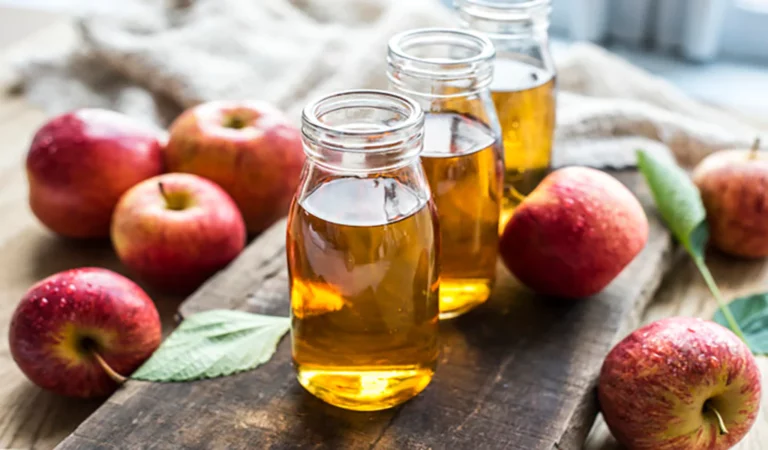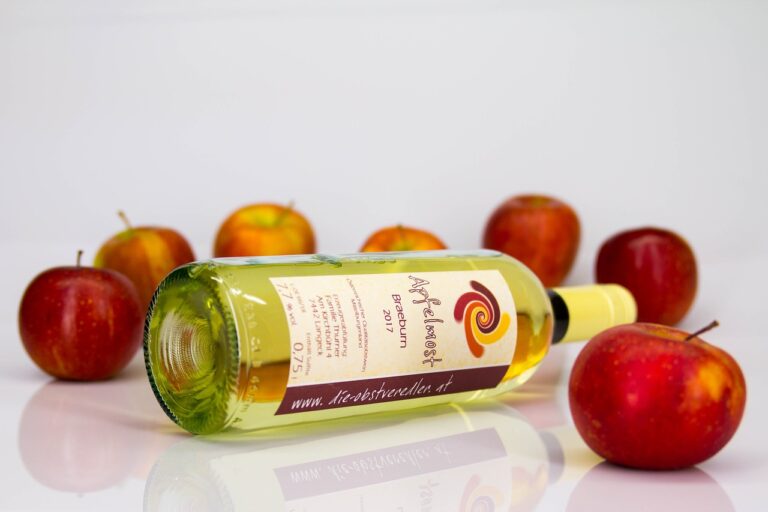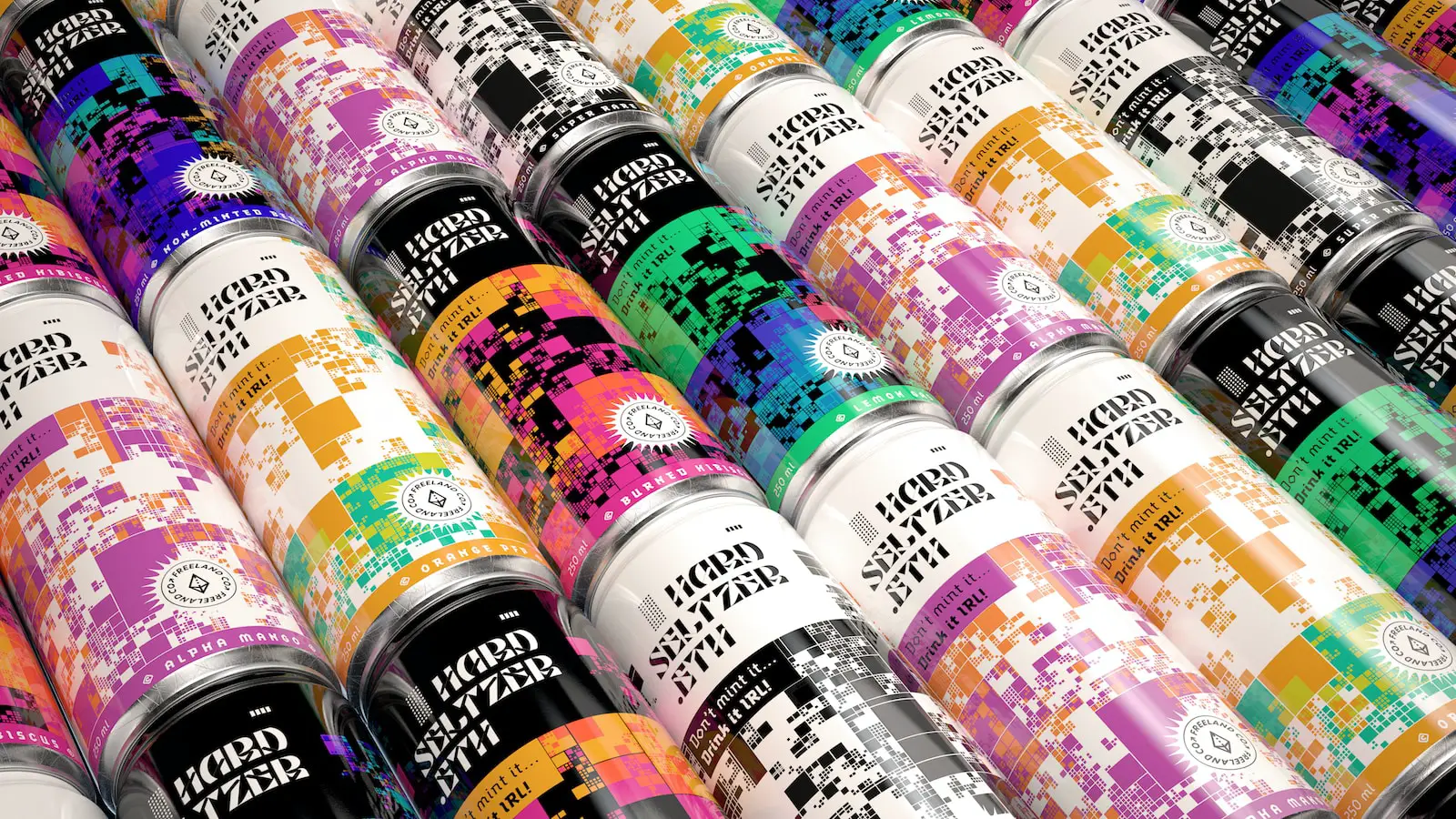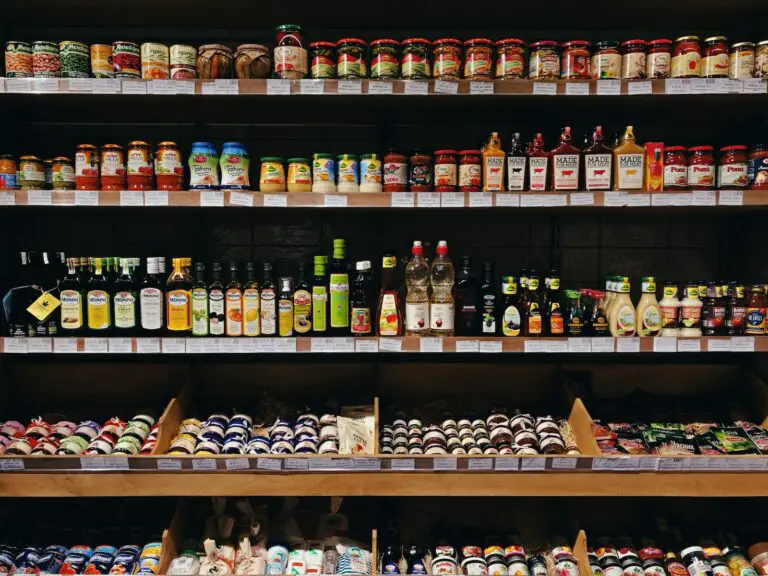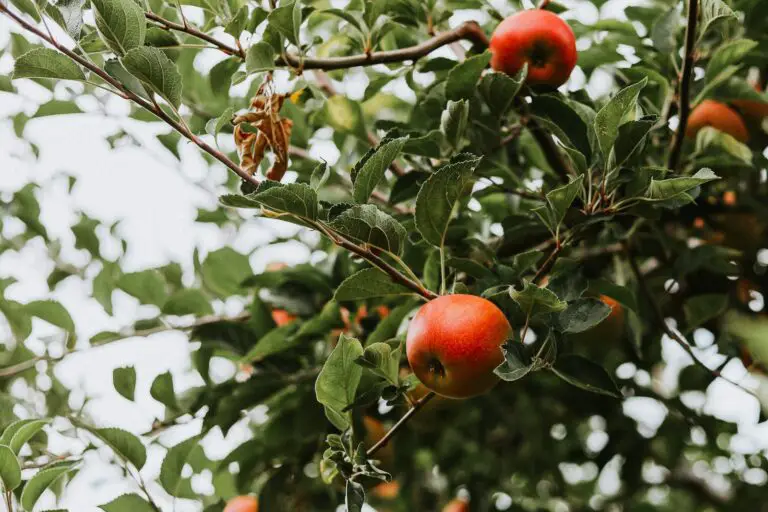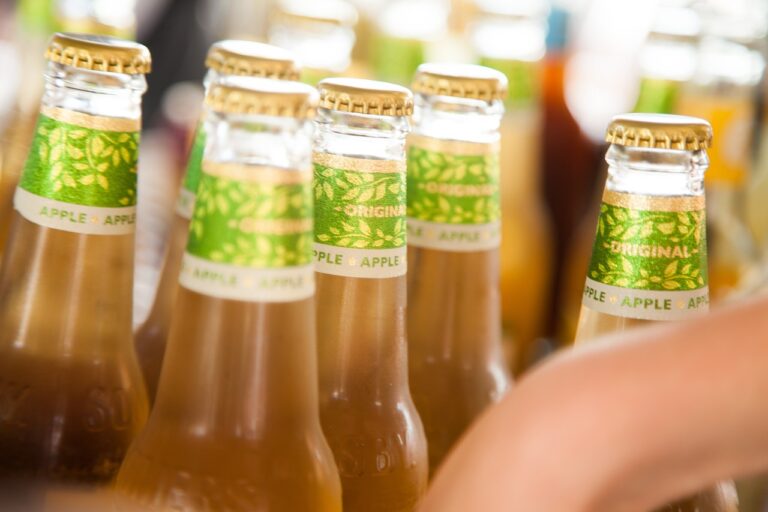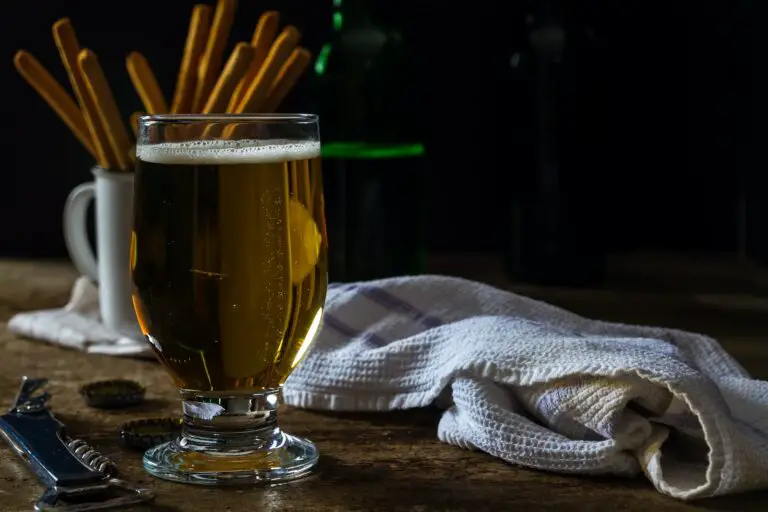Vodka is a highly versatile distilled spirit that has earned a reputation as a classic cocktail ingredient and a go-to choice for many drinkers.
Originating in Eastern Europe, vodka is typically made from grains, potatoes, or other starchy plants and has been enjoyed for centuries in various forms.
One of the defining features of vodka is its high alcohol content, which is usually around 40% ABV, although this can vary depending on the brand and type.
Despite its potency, vodka is also renowned for its smooth and clean taste, with little or no discernible flavor or aroma.
This unique neutrality has made vodka a favorite of mixologists, who can use it as a base for a wide range of cocktails, from classic martinis to fruity punches.
Vodka’s popularity shows no signs of slowing down, with new brands and variations continually emerging to cater to diverse tastes and preferences.
Whether neat or mixed, vodka remains a staple of the global spirits industry and a beloved choice of many drinkers.
The Chemical Composition Of Vodka: What’s It Made Of?
Vodka is a clear, odorless spirit made primarily from ethanol and water and has a high alcohol content ranging from 35-50% ABV.
Unlike other spirits, such as whiskey or rum, which often derive distinct flavors and aromas from aging, vodka is known for its neutral taste, with minimal flavor or fragrance.
Vodka production involves several key steps, including fermentation, distillation, and filtration, which help to purify and concentrate the alcohol.
During fermentation, various raw materials, such as grains or potatoes, are converted into a mash, fermented using yeast to produce alcohol.
After fermentation, the alcohol is distilled to increase its alcohol content and remove impurities, resulting in a high-proof liquid that can be filtered to improve its clarity and smoothness.
Vodka’s chemical composition can vary depending on the raw materials used and the production methods, with some brands adding flavorings or additives to create different varieties.
Despite its relative simplicity, the chemical composition of vodka is a delicate balance of ethanol and water, with the exact ratios and methods used in production influencing the final taste and quality of the product.
Overall, the unique chemical composition of vodka has made it a popular spirit that is enjoyed in various methods. You can sip it straight or mix it into classic and modern cocktails.
Water: The Essential Part of Life.
Water is a simple and essential compound with a chemical formula of H2O, consisting of two hydrogen atoms and one oxygen atom.
The unique chemical structure of water gives it a wide range of properties and functions, from its ability to dissolve a variety of substances to its high surface tension and low viscosity.
Water molecules are held together by polar covalent bonds, which allow for hydrogen bonding and contribute to water’s high heat capacity and ability to moderate temperature.
In addition to its physical properties, water plays a critical role in many biological processes, serving as a key component in cells and acting as a solvent for many biochemical reactions.
Overall, the chemical composition of water is fundamental to the functioning of many natural and human-made systems, making it a vital resource for life on Earth.
Vodka and Water: The Harmony.
Why Does The Freezing Point Decrease When Vodka Mixes With Water?
When vodka is mixed with water, it is common to observe that the mixture freezes at a lower temperature than either of the individual components.
This phenomenon occurs due to the lowering of the liquid’s freezing point by adding water.
Understanding why vodka freezes when mixed with water requires a deeper insight into the physical properties of these substances.
Vodka is primarily composed of ethanol, which has a lower freezing point than water.
Pure ethanol freezes at -114°C (-173°F). That is much lower than the freezing point of water at 0°C (32°F). It is why vodka does not freeze at typical freezer temperatures of around -18°C (0°F).
When water is added to vodka, the mixture’s freezing point decreases compared to pure vodka.
It is due to the effect of freezing point depression.
Freezing point depression is a colligative property that depends on the number of particles present in the solution rather than the type of particle.
When water mixes with vodka, the solution’s particle count increases, resulting in a lower freezing point.
The lowering in freezing point depends on the concentration of the added substance in the solution.
It is the cryoscopic constant, which is unique for each substance.
The cryoscopic constant of water is -1.86°C/m, which means that the freezing point of a solution decreases by 1.86°C for every mole of solute particles dissolved in 1 kilogram of water.
The concentration of ethanol and water determines the cryoscopic constant of the solution.
For example, a solution of 40% ethanol and 60% water has a cryoscopic constant of approximately -1.2°C/m.
It means that the solution’s freezing point is lowered by 1.2°C for every mole of solute particles dissolved in 1 kilogram of the mixture.
The freezing point of a solution can be calculated using the formula ΔTf = Kf x m, where ΔTf refers to freezing point variation, Kf signals to the cryoscopic constant, while m depicts the solution’s solute’s molality.
Molality is the number of moles of solute per kilogram of solvent.
Using this formula, one can determine the freezing point of the vodka and water mixture based on the concentration of ethanol and water in the solution.
Conclusion
When vodka mixes with water, the freezing point of the resulting mixture is lowered due to the effect of freezing point depression.
This effect occurs due to the increased number of particles in the solution, which decreases the solution’s freezing point.
The lowering in the freezing point depends on the concentration of ethanol and water in the solution, as determined by the solution’s cryoscopic constant.
So the next time you put a cocktail in the freezer, it does not freeze? Well, you know you did not dilute it too much.


